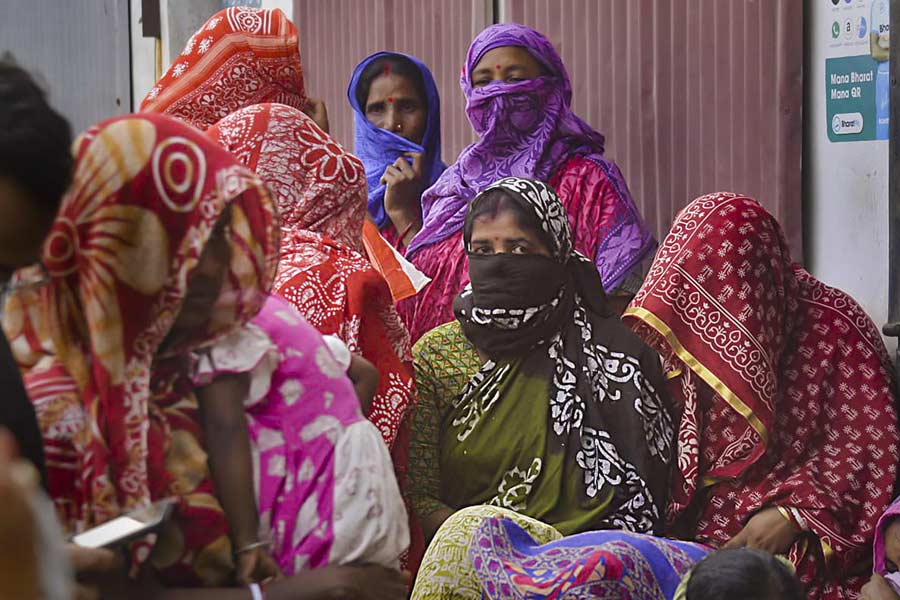In a democracy, public welfare is not a matter of benevolence. It entails the rights of the people. Indeed, the democratic compact between a government and the citizens who elect it is predicated upon the State’s ability to bring wide swathes of the population, especially those on the margin, within the ambit of welfarism. The prime minister of the mother of democracies, though, has, on numerous occasions, been sceptical about the efficacy of such targeted welfarism. He has described political commitments towards the greater good, especially those framed by the Opposition parties, as examples of sops — rewdis. It is true that political populism is often packaged with the glitter of welfare in this country. All political parties, including the Bharatiya Janata Party, pander to such competitive electoral populism. But a blanket dismissal of welfare programmes is not prudent either. When the State gets a targeted welfare initiative right, the consequences can be truly illuminating. One such initiative that seems to be actually working — transforming ground realities — is the Congress’s programme of guaranteeing free bus rides for women in Karnataka, one of the five guarantees in the Congress manifesto that played a pivotal role in catapulting it back to power in that state. Recent reports suggest that freed from the shackles of immobility and dependence, women in Karnataka are going places — literally and metaphorically — like never before. Since the scheme’s introduction, Karnataka’s four bus corporations have seen a 30% jump in passenger count with 1.10 crore daily passengers, of which nearly 60% are women. Crucially, this endeavour is also helping women reclaim public spaces that are still largely divided along gender lines.
Women voters — numbering 47.1 crore and forming nearly half of all eligible voters in the country — are a force to reckon with in India. The BJP’s recent victory in the assembly polls in Madhya Pradesh was attributed largely to its popularity among women voters. Unsurprisingly, political parties have begun tailoring welfare schemes for this electorally important constituency. The Aam Aadmi Party, for instance, promised Rs 1,000 per month to all women above 18 years of age for the 2024-25 fiscal year in the national capital and the BJP made a similar pledge in Madhya Pradesh. But it is important to remember that all welfare policies need not be emancipatory. Some, in fact, can reinforce discrimination. An interesting study by scholars at O.P. Jindal Global University, for instance, found that in states with lower female literacy rates — the BJP is often the party of choice in these — there is a disproportionate focus on policies which, while helpful, end up keeping women at home; even the financial dole is usually taken away from women by male or other family members. Conversely, states with higher female literacy rates tend to focus on policies that are enablers of women’s agency, mobility, employment and education. The Kanyashree Prakalpa in West Bengal, which reversed high female dropout rates at the middle- and high-school levels in the state, is one case in point.
Intelligently devised welfare measures that assure basic amenities like healthcare, education and employment for women are a necessity in a deeply inequitable and patriarchal country like India. The demonisation of welfarism by conflating it with populism is a sinister ploy to absolve the State of its commitment to collective betterment.










